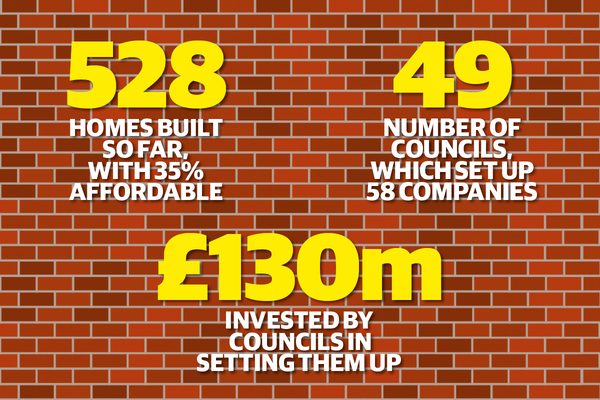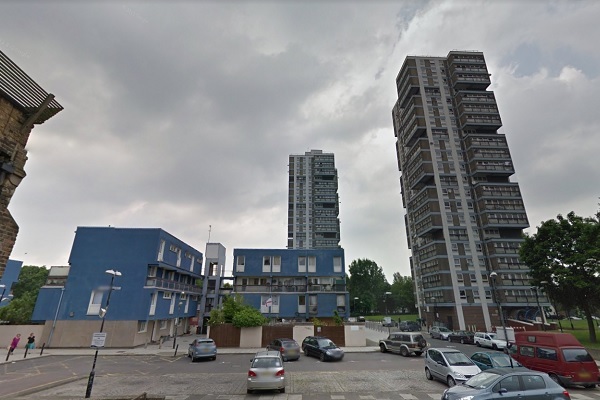You are viewing 1 of your 1 free articles
Council launches housing company with plans to build 1,000 homes a year
A large metropolitan council has today launched a housing company which hopes to deliver 10,000 homes over the next decade.
Liverpool City Council expects Foundations, as the company is called, to deliver £1bn worth of development in the coming 10 years.
The wholly owned firm will seek to design and build its own schemes, as well as purchasing finished developments from contractors.
It will deliver homes across tenures – including offering a Rent to Buy product which would allow people to pay discounted rent on a home in order to save up enough for a deposit.
Mark Kitts, chief executive of Foundations, – who is being formally seconded from his role as assistant director of regeneration at the council – told Inside Housing the company will also look to partner with private developers and housing associations on schemes.
“In delivering such a large number of units over a reasonably long period of time, we can’t do that on our own,” he said.
“The company is going to have a city-wide perspective, from some of the more challenged neighbourhoods to the city centre and waterfront areas.
“One avenue which definitely needs to be explored is that Foundations will work in partnership with other organisations whether that is registered providers, the council or private developers.”
He said a “core objective” for Foundations will be regenerating run-down pre-First World War terraces in the least affluent parts of Liverpool, where housing associations own large numbers of homes.
There are currently no plans for Foundations to become a registered housing association itself.
Mr Kitts said it was “too early to say” whether Liverpool City Council would consider opening a Housing Revenue Account – but that the council is “taking legal advice on this” since the borrowing cap was lifted last month.
Liverpool City Council transferred its housing stock during the mid-2000s.
Foundations will build homes for sale and rent at both market and affordable rates, with some for specific groups such as foster carers, people with disabilities or older people who are downsizing.
“It’s also about making sure we provide homes for the economically active, to tackle some of the issues where we have seen the economically active leave the city in recent years, where we have been losing families to the wider region area,” Mr Kitts added.
This will include developing in the city centre and on Liverpool’s waterfront.
The Rent to Buy scheme is expected to launch next year with the details still being decided, while Foundations also plans to offer shared ownership.
Joe Anderson, mayor of Liverpool, said: “We recognise that getting the cash together for a deposit can be a major challenge for many first-time buyers so the new Rent to Buy scheme will play an invaluable part in addressing this problem.
“I have also asked the Foundations team to explore other financial incentives and by the time homes are available to buy in 2019, there will be an opportunity for some of those, assessed on a per scheme basis, to be available Rent to Buy or through an alternative incentive.”
Developer Lovell submitted a planning application for 107 new homes in the Yew Tree area of Liverpool to be built on behalf of Foundations.
The local authority has also set up procurement frameworks for Foundations aimed at attracting local contractors, with the tender expected to go live in the next two weeks.
Liverpool is estimated to need 30,000 new homes by 2030.










